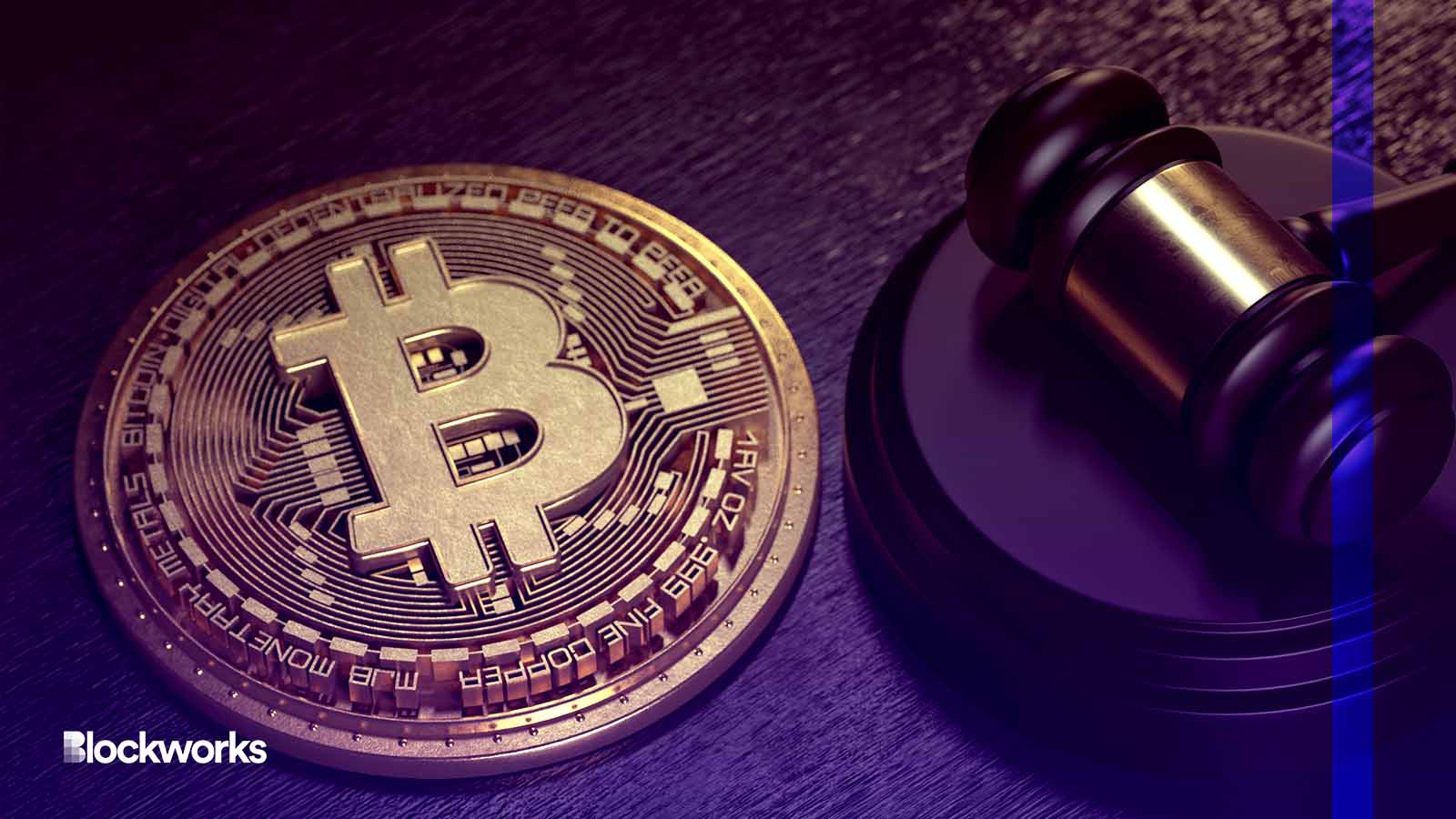NY Authorities To Collect More Fees From Crypto Companies
New York’s BitLicense holders are subject to the new regulatory framework

JLStock/Shutterstock modified by Blockworks
The New York Department of Financial Services (DFS) issued new regulation for BitLicense holders that will change how supervision costs are assessed.
The regulation will give the department new authority “to collect supervisory costs from licensed virtual currency businesses” under a provision in New York’s fiscal year 2023 budget, according to the press release.
As of 2020, just 25 companies held a BitLicense, including Circle, Coinbase, Ripple and Square. Blockworks also reported that the costs associated with obtaining the license can be upwards of $100,000, per the Capital Fund Law Group.
DFS Superintendent Adrienne Harris touted New York’s regulatory framework for digital assets and said her office has its eyes on the future developments in virtual currency.
“This regulation provides the Department with additional tools and resources to regulate the virtual currency industry now and in the future as innovators create new products and use cases for digital assets,” Harris said in a statement.
BitLicense holders will be billed five times in fiscal year 2023-2024 with four quarterly assessments throughout the year “based on the Virtual Currency Unit’s estimated annual budget at the time of the billing,” according to the DFS website. Then there will be a final assessment at the end of the year based on the unit’s actual expenses.
DFS also said it will require crypto firms to “meet rigorous standards for capitalization, cybersecurity protection, and anti-money laundering protocols, among other requirements.” This is similar to how banks and insurance companies are regulated.
The BitLicense was first issued in 2015 and requires crypto startups to pay state regulators for the enforcement they carry out. This latest regulation intends to reinforce those foundations. The DFS stated in its announcement that it “will allow the Department to continue adding top talent to its virtual currency team to continue efficient and effective regulatory oversight.”
New York State’s DFS has been actively on the hunt for crypto firms falling afoul of the law. On April 14, bitcoin payment service provider BitPay agreed to pay the regulator $1 million after failing to comply with anti-money laundering laws and cybersecurity regulations.
Get the news in your inbox. Explore Blockworks newsletters:
- The Breakdown: Decoding crypto and the markets. Daily.
- 0xResearch: Alpha in your inbox. Think like an analyst.






